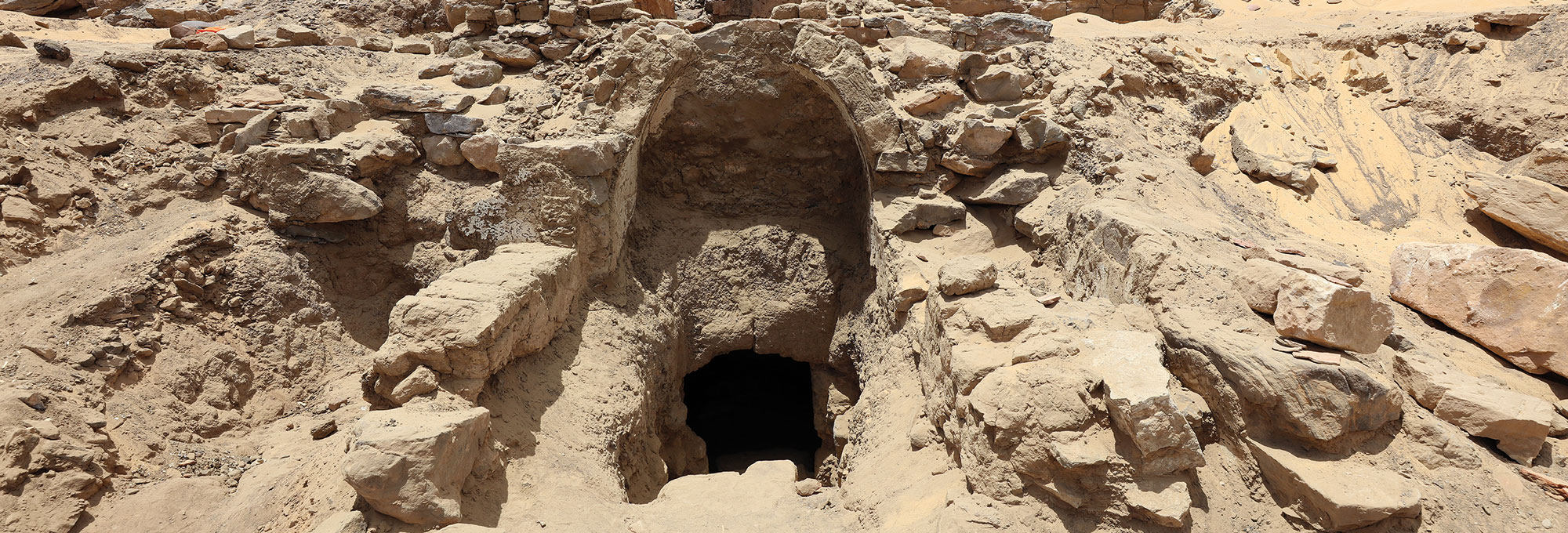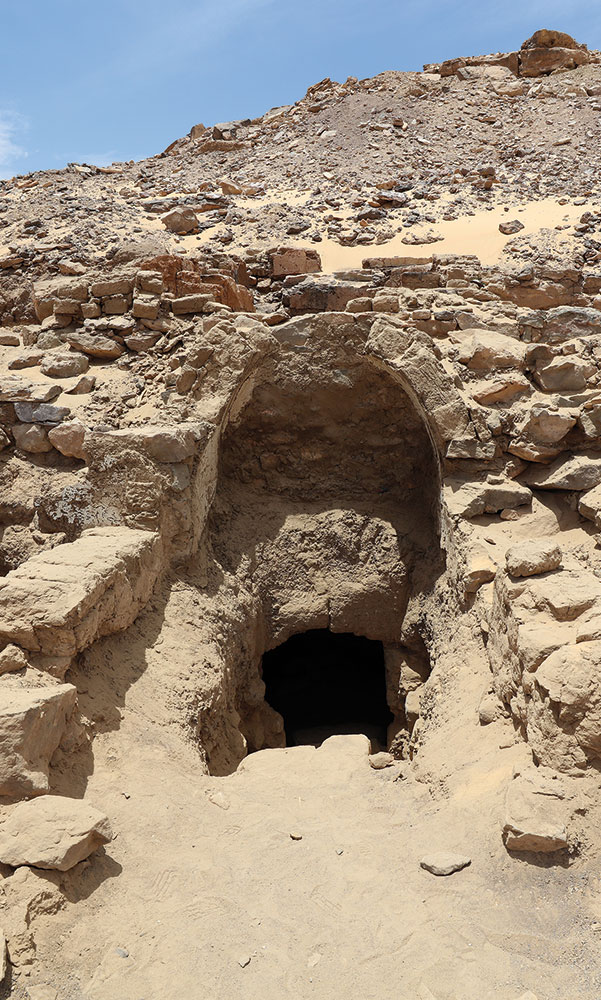RENO, NEVADA—According to an NBC News report, an analysis of an ice core from Greenland conducted by climate and environmental scientist Joe McConnell of the Desert Research Institute and his colleagues has detected evidence of lead pollution linked to ancient Roman silver smelting. “For every ounce of silver you might produce, you might produce 10,000 ounces of lead,” McConnell said. The lead particles can then attach to particles of dust and be carried into the atmosphere, he explained. The researchers also determined that the levels of lead in the ice core rose and fell with economic conditions in Rome over a period of about 1,000 years. For example, lead levels rose when Rome began to produce silver in Spain. Exposure to lead has been found to cause learning disabilities, infertility, mental health problems, hearing loss, and other health issues. The amount of lead in the ice core alone suggests that ancient Romans likely experienced health impacts, but Romans were also exposed to lead through the use of lead wine vessels, lead plumbing, and lead drinking vessels, McConnell concluded. For more, go to "The Lead Standard."
Roman Lead Exposure Investigated
News January 9, 2025
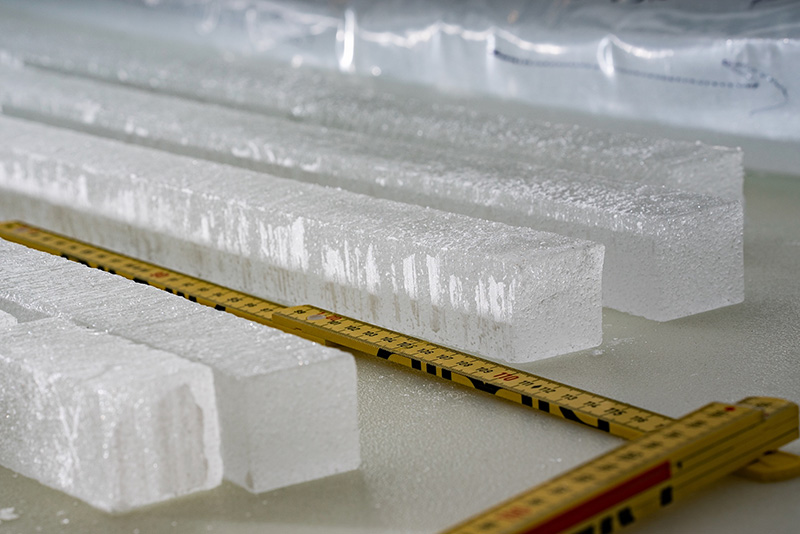
Recommended Articles
Digs & Discoveries July/August 2022
Suspicious Silver
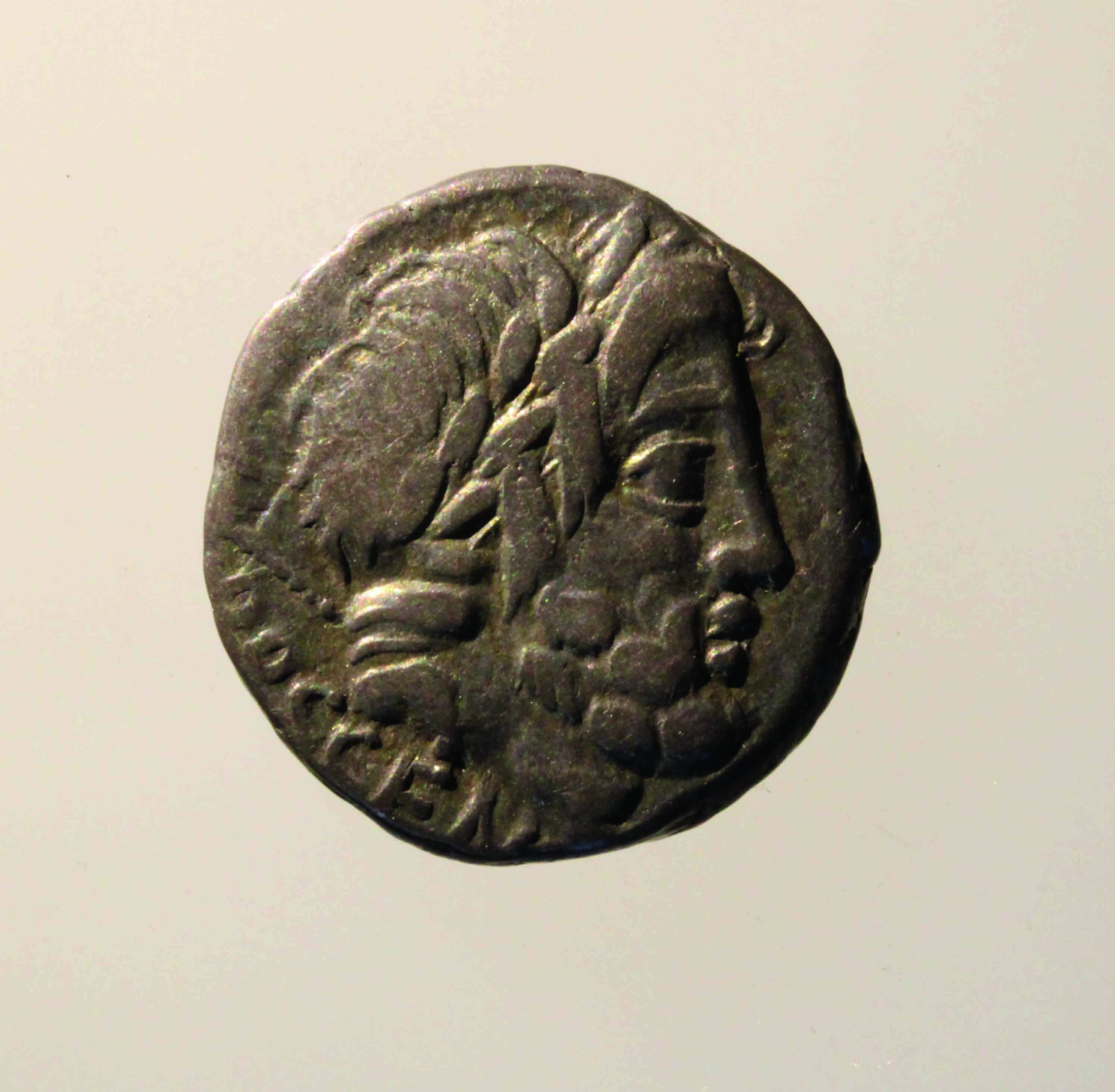
Features January/February 2026
The Cost of Doing Business
Piecing together the Roman empire’s longest known inscription—a peculiarly precise inventory of prices

Digs & Discoveries September/October 2025
A Day at the Hunt
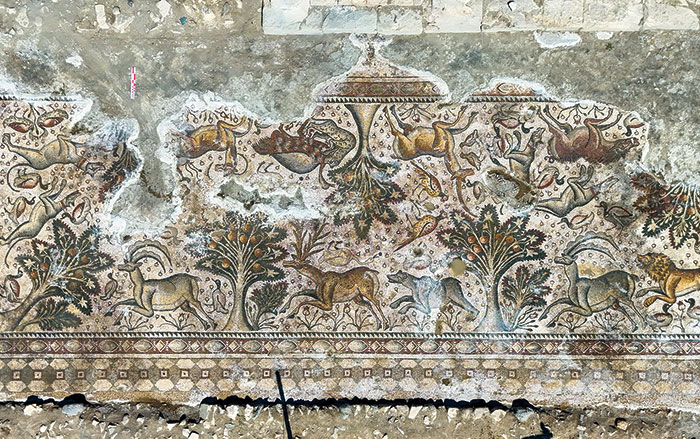
Digs & Discoveries September/October 2025
Good Night, Sweet Prince
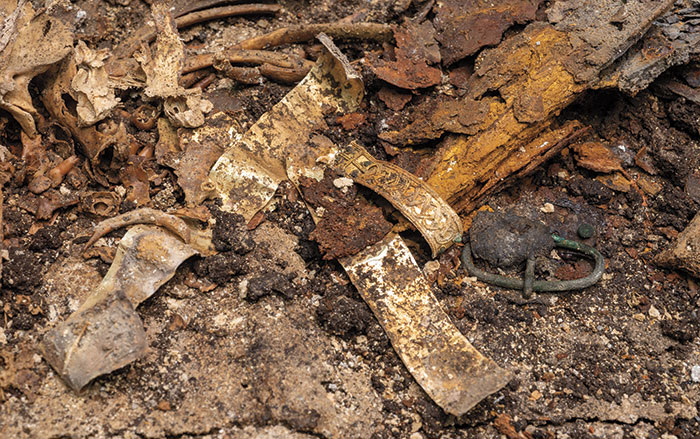
-
Features January/February 2025
Dancing Days of the Maya
In the mountains of Guatemala, murals depict elaborate performances combining Catholic and Indigenous traditions
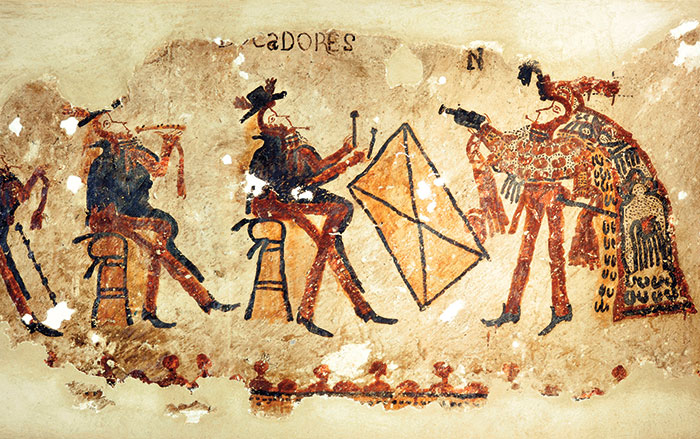 Photograph by R. Słaboński
Photograph by R. Słaboński -
Features January/February 2025
Unearthing a Forgotten Roman Town
A stretch of Italian farmland concealed one of the small cities that powered the empire
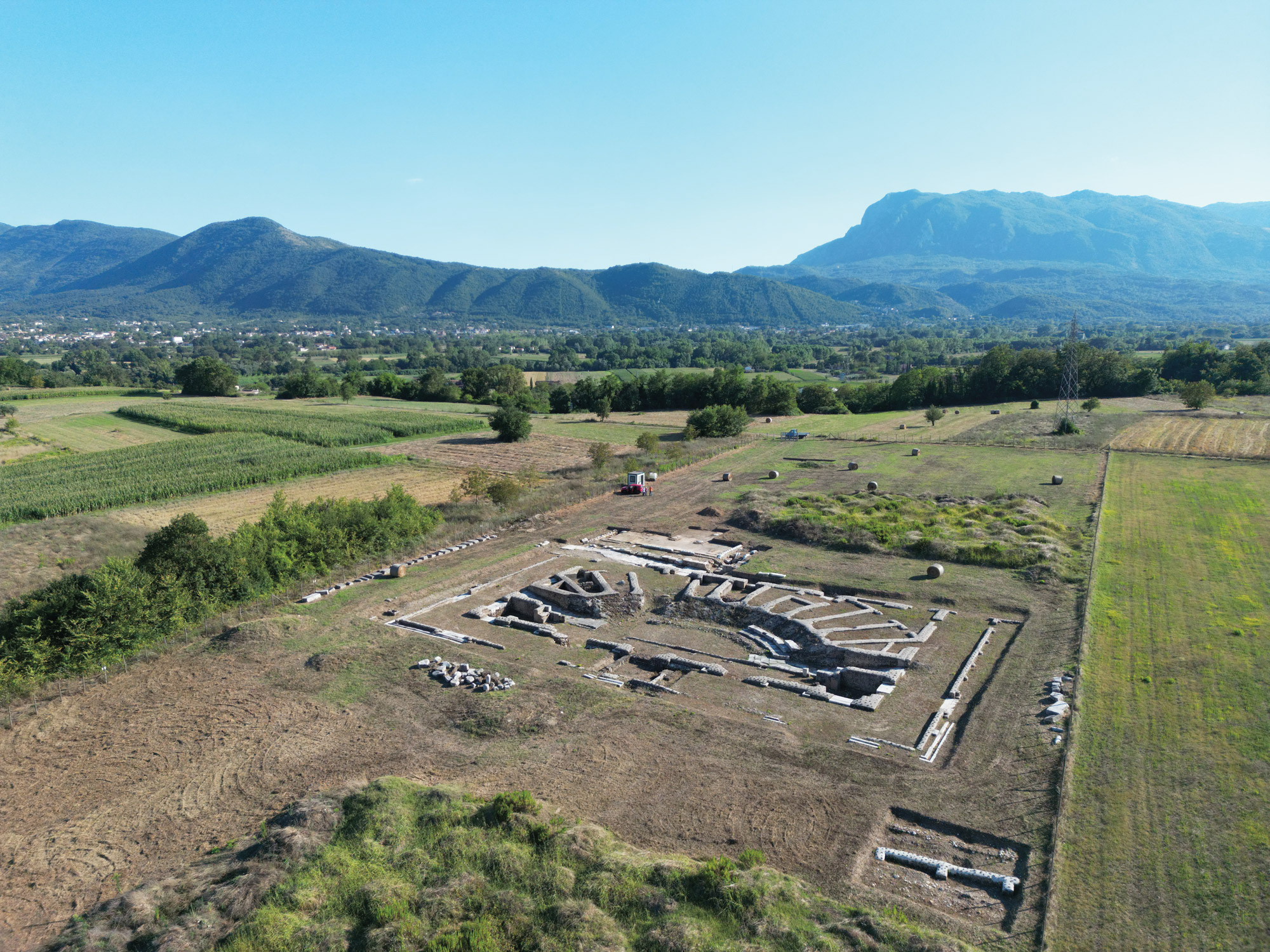 Photo Courtesy Alessandro Launaro
Photo Courtesy Alessandro Launaro -
Features January/February 2025
Medieval England’s Coveted Cargo
Archaeologists dive on a ship laden with marble bound for the kingdom’s grandest cathedrals
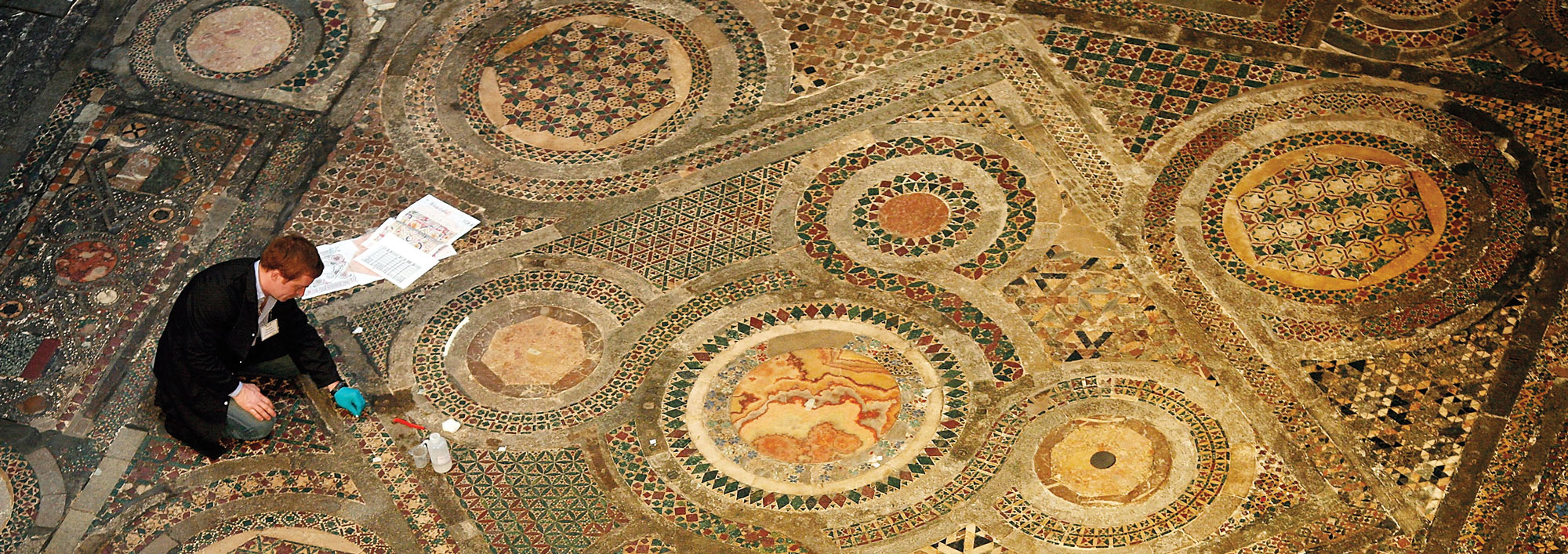 Peter Macdiarmid/Getty Images
Peter Macdiarmid/Getty Images -
Features January/February 2025
Lost Greek Tragedies Revived
How a scholar discovered passages from a great Athenian playwright on a discarded papyrus
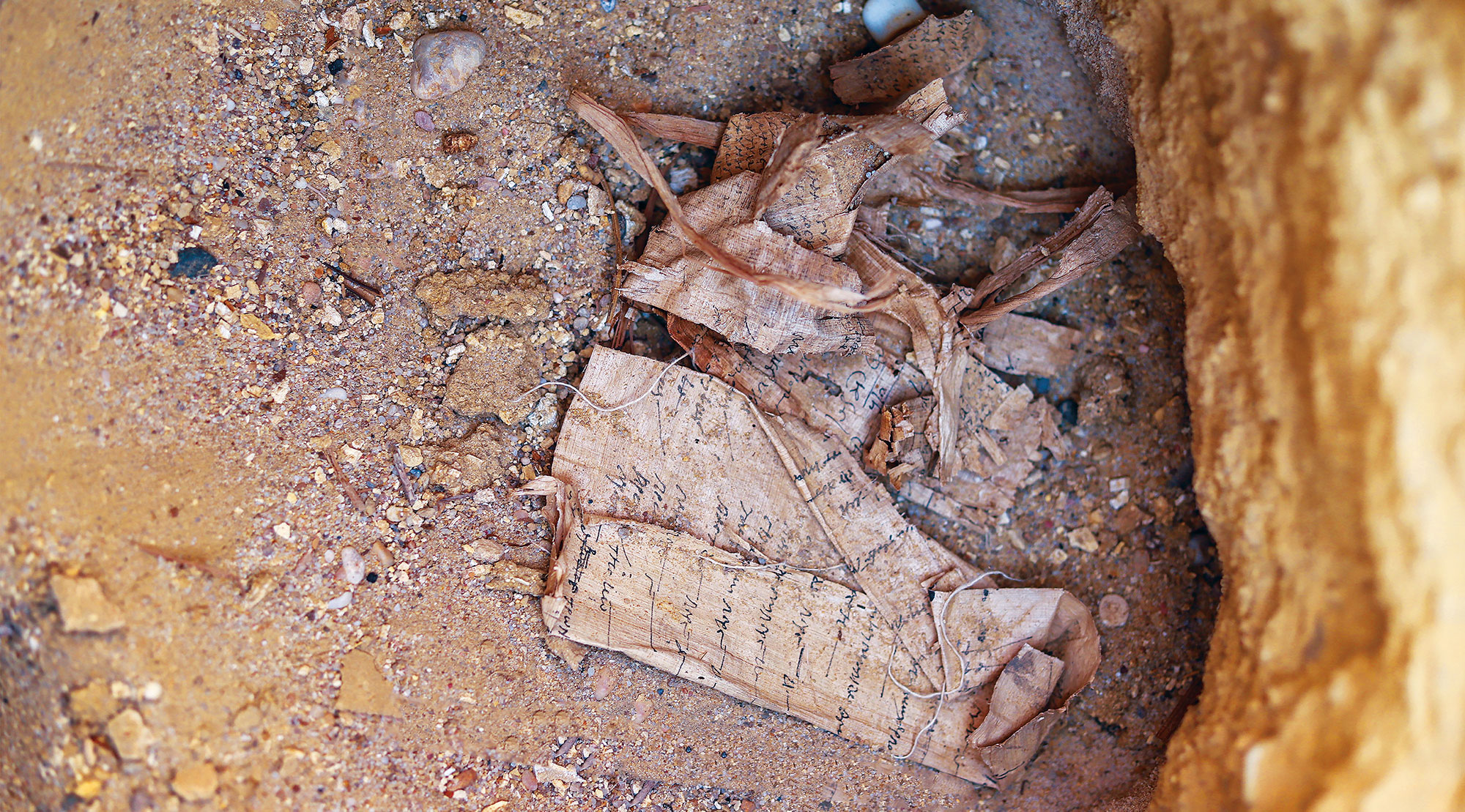 Egyptian Ministry of Tourism and Antiquities
Egyptian Ministry of Tourism and Antiquities


